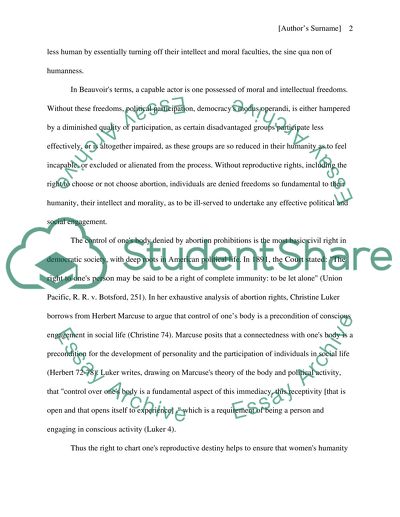Cite this document
(“Midterm Paper Term Example | Topics and Well Written Essays - 1250 words”, n.d.)
Retrieved from https://studentshare.org/environmental-studies/1416664-midterm-paper
Retrieved from https://studentshare.org/environmental-studies/1416664-midterm-paper
(Midterm Paper Term Example | Topics and Well Written Essays - 1250 Words)
https://studentshare.org/environmental-studies/1416664-midterm-paper.
https://studentshare.org/environmental-studies/1416664-midterm-paper.
“Midterm Paper Term Example | Topics and Well Written Essays - 1250 Words”, n.d. https://studentshare.org/environmental-studies/1416664-midterm-paper.


